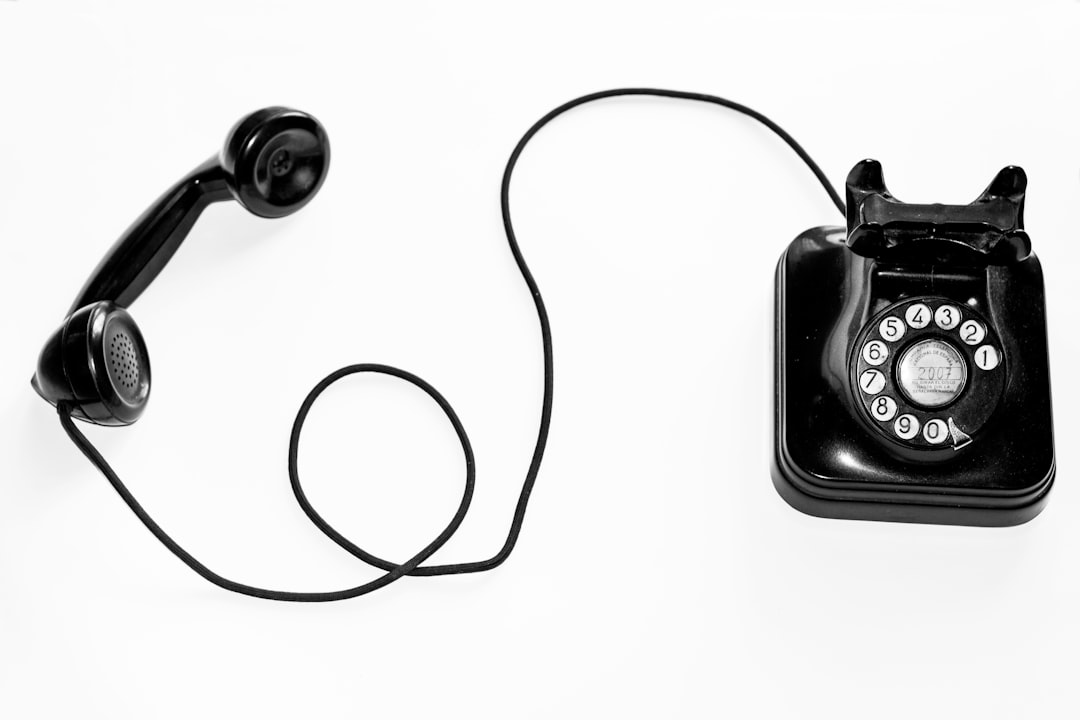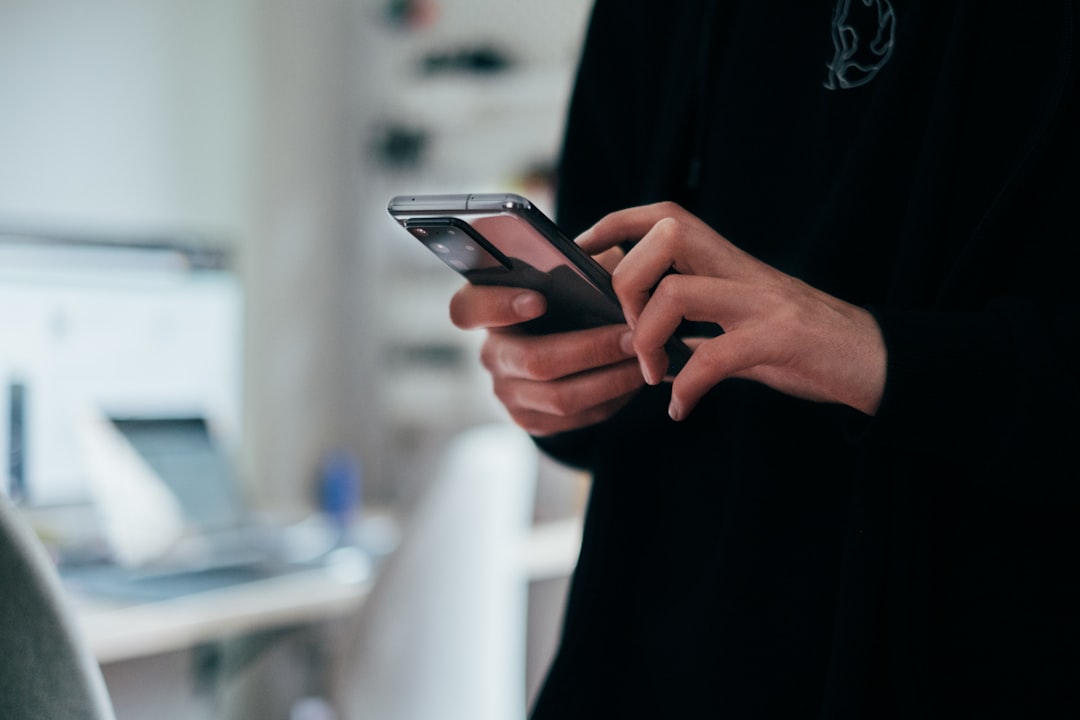Autodialer technology enhances communication for upholstery services, but strict Massachusetts regulations like TCPA and state acts require businesses to use them ethically. Engaging an autodialer lawyer in Massachusetts is vital for compliance, liability protection, and maintaining a positive reputation by respecting consumer rights. By adhering to legal requirements, companies can harness autodialers' benefits, including improved customer engagement, while avoiding fines and negative public perception.
In the dynamic landscape of upholstery services, technology plays a pivotal role. One such game-changer is the autodialer, enhancing customer reach and operational efficiency. However, its use comes with legal considerations, especially in Massachusetts, where regulations govern automated communication. This article serves as a comprehensive guide for Brewster businesses, delving into the understanding of autodialer technology, the legal framework in MA, compliance guidelines, and real-world case studies, empowering businesses to navigate this digital era effectively while adhering to legal standards with the help of an autodialer lawyer Massachusetts.
Understanding Autodialer Technology and Its Role in Upholstery Services

Autodialer technology has transformed various industries, and the upholstery services sector is no exception. An autodialer is a sophisticated system that enables businesses to automate their communication processes, particularly when it comes to customer outreach and marketing. Through this technology, companies can quickly and efficiently contact potential clients, sending personalized messages or automated calls to promote their services or schedule appointments.
In Massachusetts, as with many states, the use of autodialers is regulated to protect consumers from unwanted or aggressive communication practices. An autodialer lawyer in Massachusetts can guide businesses on navigating these regulations, ensuring they utilize this technology ethically and within legal boundaries. Understanding the capabilities and limitations of autodialing is crucial for upholstery service providers to maintain compliance while leveraging this tool to expand their reach and enhance customer engagement.
Legal Framework for Autodialer Usage in Massachusetts

In Massachusetts, the legal framework governing the use of autodialers is clearly defined to protect consumers from unsolicited phone calls. The state’s regulations are part of a broader effort to combat spamming and ensure fair business practices. Any business using an autodialer to make prerecorded or automated calls must comply with the Telephone Consumer Protection Act (TCPA) and the Massachusetts Telemarketing Act. These laws mandate obtaining prior express consent from recipients before making such calls, setting strict boundaries on when and how businesses can use autodialers, and providing consumers with mechanisms to opt-out of future calls.
For businesses in Massachusetts offering upholstery services, engaging an autodialer lawyer is crucial to navigating these legal requirements. An expert attorney specializing in telecommunications law can advise on obtaining the necessary consent, crafting compliance strategies, and mitigating potential liabilities associated with autodialer usage. Ensuring adherence to these laws not only safeguards consumer rights but also helps Brewster businesses maintain a strong reputation and avoid costly legal repercussions.
Compliance Guidelines for Brewster Businesses

Brewster businesses using an autodialer for marketing or communication purposes must adhere to strict legal guidelines. In Massachusetts, the use of automated dialing systems is regulated by state laws and industry standards aimed at protecting consumers from unwanted calls. Businesses are required to obtain explicit consent from customers before initiating automated calls, ensuring that contacts remain opt-in.
Compliance involves implementing robust practices for managing customer preferences, maintaining accurate call records, and providing an easy opt-out mechanism. Brewster companies employing autodialers should consult with an experienced autodialer lawyer in Massachusetts to ensure they meet all legal requirements, thereby avoiding potential fines and reputational damage.
Case Studies: Effective Implementation and Potential Pitfalls

In the realm of upholstery services, leveraging technology like an autodialer can significantly enhance business operations. Case studies across Massachusetts have shown effective implementation leading to improved customer engagement and streamlined scheduling. For instance, a local furniture restoration business utilized an autodialer to automate appointment reminders and marketing calls, resulting in higher response rates and reduced no-show instances. This not only freed up staff time but also increased overall client satisfaction.
However, navigating the legal landscape surrounding autodialer use is crucial for Brewster businesses. Unintended consequences can arise from automated calling, such as violating consumer privacy rights or causing annoyance through frequent calls. As a result, businesses must ensure compliance with relevant regulations, like the Telephone Consumer Protection Act (TCPA). Engaging an autodialer lawyer in Massachusetts can help upholstery service providers effectively implement these technologies while steering clear of potential pitfalls.





